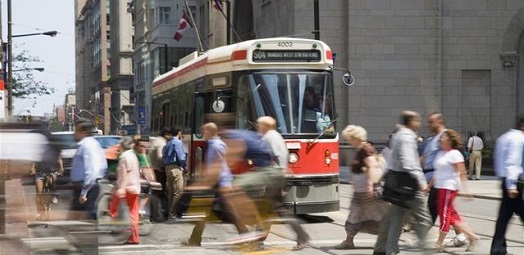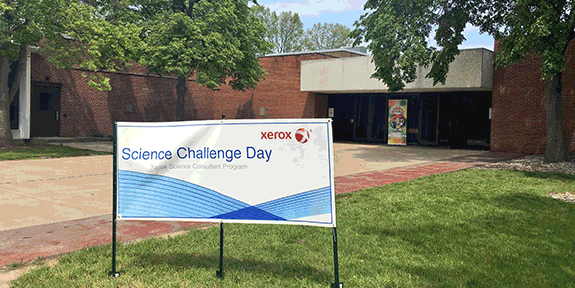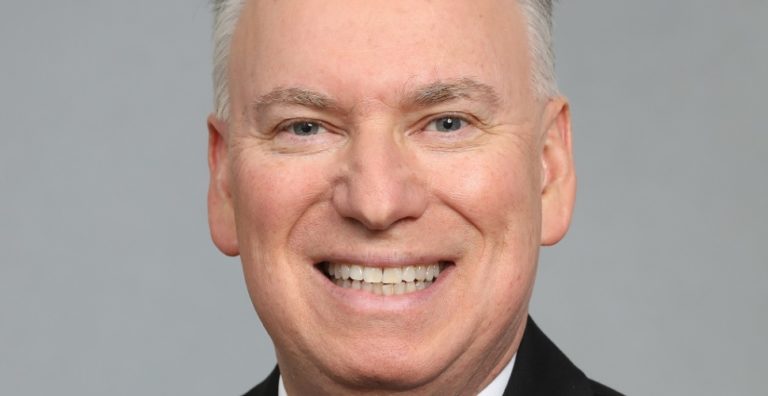By Trish Plonski

Cities across the globe are seeking better solutions for urban living as more and more people are moving into metropolitan areas. Specifically, cities are seeking better ways to reduce congestion and get people and goods from point A to point B. The concept of a connected city is one that urban planners toss around as a solution to the problem, but the questions remain: What is realistic now? Where do we start? The University of Michigan might have the answer.
Monday, July 20, 2015, marked the grand opening of Mcity – a 32-acre controlled environment specifically designed to test connected and automated vehicle and infrastructure technologies. The site is reflective of a typical city street with sidewalks, construction obstacles, traffic signals, parked cars and pedestrians.
We were onsite at the grand opening earlier this week, along with several automotive heavyweights, demonstrating solutions that can solve transportation problems of today and tomorrow. Our Vehicle Passenger Detection System demonstration got the attention of Senator Gary Peters and Intelligent Transportation Systems of America president, Regina Hopper – both took the time to take a short drive in one of the two vehicles we had testing the HOV/HOT system.
One Topic: Urban Mobility
Many of our conversations during the grand opening focused around one topic: urban mobility. How is this trend affecting cities? How will connected technologies improve mobility issues and make cities safer? We want to explore these questions. We will continue and expand on this conversation during a live Google+ Hangout on Tuesday, July 28, at 12:30 p.m. EST
James Brasuell from Planetizen will moderate the discussion on how urbanization affects mobility in cities. He will be joined by four leaders who hold the topic near and dear to their hearts:
- Joe Averkamp, senior director, technology, policy and technical strategy, Xerox.
- Donald Shoup, professor of urban planning, UCLA.
- Robert Puentes, senior fellow and director of The Brookings Institution Infrastructure Initiative.
- Susan Zielinski, managing director, SMART, University of Michigan.
During the conversation, our experts will answer questions, including:
- What has caused the fast-paced trend in urbanization? What are the benefits and the challenges of growing cities and shrinking suburbs?
- Higher population in cities leads to more congestion. What will happen if cities don’t take action?
- What are the trends that affect transportation?
- How can cities prepare for the future of transportation?
But we also want to hear your thoughts and answer your questions. Use the Twitter hashtag #MobilityChat to ask panelists your questions about urban mobility.
Subscribe to this blog and receive email updates when we publish a new article.



